It’s time for Thuja to answer the question : is Patagonia as ethical and sustainable as they say ?
Is it living up to its reputation as the greenest of the outdoors brands ?
Well, after putting Patagonia through the Thuja machine, analysing dozens of pages, sustainable reports, and fully investigating their practices, the answer seems to be : A BIG YES !
Hurray, Patagonia is to date (october 2022) our top scorer, with an average of 83 % on our Thuja’s score. And frankly, they don’t seem to have too many weak points in our different categories.
Since their creation, Patagonia has always put conservation and nature protection at the core of their business. They are considered industry leaders in sustainability, and they participate in countless initiatives when it comes to nature protection and climate change.
But Patagonia is one big living paradox. It is now a worldwide brand, selling more products every year. The brand has become almost iconic, and has left the range of outdoor specialised brands for dirt bags and nature nerds. It became a social marker that people use to set a message, and distinguish themselves. Which sometimes borders with the representation of more luxurious brands. Did people miss the message of their famous campaign “don’t buy this jacket” ? Have they become too popular to be sustainable ?
Overview of their “product” score (74 %)
As an outdoor and technical focus apparel, they still use a big portion of material derived from petroleum. Smaller brands might be doing better on that matter, using only a few very renewable materials, but Patagonia is still putting the bar high enough for renewable material use. They are using 88% of what they called “preferred materials” that they consider sustainable (organic cotton, wool, or recycled nylon and polyester for example). Their goal is to move away from virgin plastic in 2025.
They have been pioneers in the use of organic cotton since 1994, when it was not in trend. 100 % of their cotton is organic, and they’re implementing a regenerative practices program with some of their farmers. They also have set higher standards for wool, by developing a higher and stricter standard than the already existing Responsible Wool Standard.
They are extremely vocal about fighting overconsumption, with very famous marketing campaigns about “not buying” their products. With their extensive warranty programs, second hand resell (worn wear) and repair policies and campaign, we can confidently say that they’re doing the job.
Overview of their “Climate and ecology” score (85 %)
Patagonai claims “We are in business to save our home planet”, and when it comes to tackling climate change, it seems (according to our Thuja standards) that they do their share.
They publicly disclosed their carbon emissions and have well defined goals to align with the 1.5 C trajectory from the Paris agreement.
Unlike some companies that only/mostly reduce their emissions from their headquarters, Patagonia is aware that the supply chain accounts for 97% of their carbon emissions. They’re planning to be carbon neutral by 2040, by drastically reducing their emissions from their products and supply chain, not by compensating with carbon credits (which they are very upfront about, and we love that at Thuja).
Another arm of their strategy is to fund massively grassroot organisations and local solutions to fight climate change, protecting natural ecosystems as carbon sinks, empowering local communities, and funding protest and activist movements.
For water protection and chemical use reduction, Patagonia doesn’t have a dedicated section of their sustainability for it. A lot of sides initiatives they take contribute to reducing water use and pollution, or harmful chemicals (bluesign label, organic cotton, hemp, recycled materials,etc…). They publicly fund a lot of campaigns and NGO’s for protecting waterway, aquatic environment, wild migratory fish runs and dam removals.
For Perfluorocarbon (PFC) use in their waterproof garments, they were late in the game for such a environnemental leader. Their plan is to be PFC free by 2024.
Overview of their “social justice” score (88%)
It might have taken longer for Patagonia to tackle the social justice issue with their business model, compared to being at the forefront of the fight for the planet. And there is always room for improvement. But they were also at the start of some initiatives for better workers rights, like the Fair Labour association (FLA). They have been one of the first big companies to disclose the list of their suppliers and factories. 87 % of their production is Fair Trade sewn certified.
Patagonia is pretty open and transparent about their living wage policy. Yet, they are still pretty far from offering a living wage across all their supply chain. So far, 39% of their suppliers offer a living wage, with a goal of 100 % in 2025.
The brand still has a lot of efforts to do when it comes to diversity, equity, and inclusion. They don’t have a specific section about it on their website, and have very few internal articles talking about this issue. They seem to have made some efforts recently on representation through their social media, and documentary subjects, but they are a bit late at joining the wave of change.

